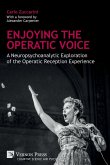
Broschiertes Buch
A Neuropsychoanalytic Exploration of the Operatic Reception Experience
12. April 2019
Vernon Press
| Gebundenes Buch | 84,99 € |
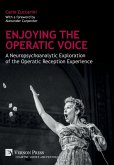
Gebundenes Buch
A Neuropsychoanalytic Exploration of the Operatic Reception Experience
12. Juni 2018
Vernon Art and Science
Ähnliche Artikel
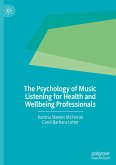
Gebundenes Buch
2024
3. Juli 2024
Palgrave Macmillan / Springer International Publishing / Springer, Berlin
978-3-031-55372-1
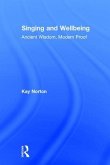
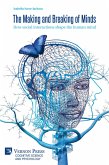
Broschiertes Buch
How social interactions shape the human mind
29. April 2022
Vernon Press
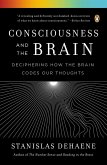
23,99 €
Versandfertig in über 4 Wochen
Broschiertes Buch
Deciphering How the Brain Codes Our Thoughts
30. Dezember 2014
Penguin US
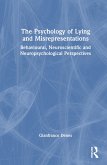
Gebundenes Buch
Behavioural, Neuroscientific and Neuropsychological Perspectives
23. Juni 2023
Taylor & Francis
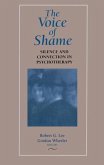
Gebundenes Buch
Silence and Connection in Psychotherapy
29. Oktober 2015
Taylor & Francis
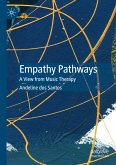
Broschiertes Buch
A View from Music Therapy
1st edition 2022
9. September 2023
Palgrave Macmillan / Springer International Publishing / Springer, Berlin
978-3-031-08558-1
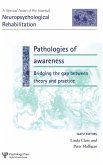
Gebundenes Buch
A Special Issue of Neuropsychological Rehabilitation
31. August 2006
Taylor & Francis
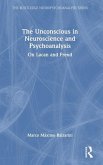
Gebundenes Buch
On Lacan and Freud
22. April 2024
Taylor & Francis
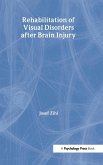
Ähnlichkeitssuche: Fact®Finder von OMIKRON
